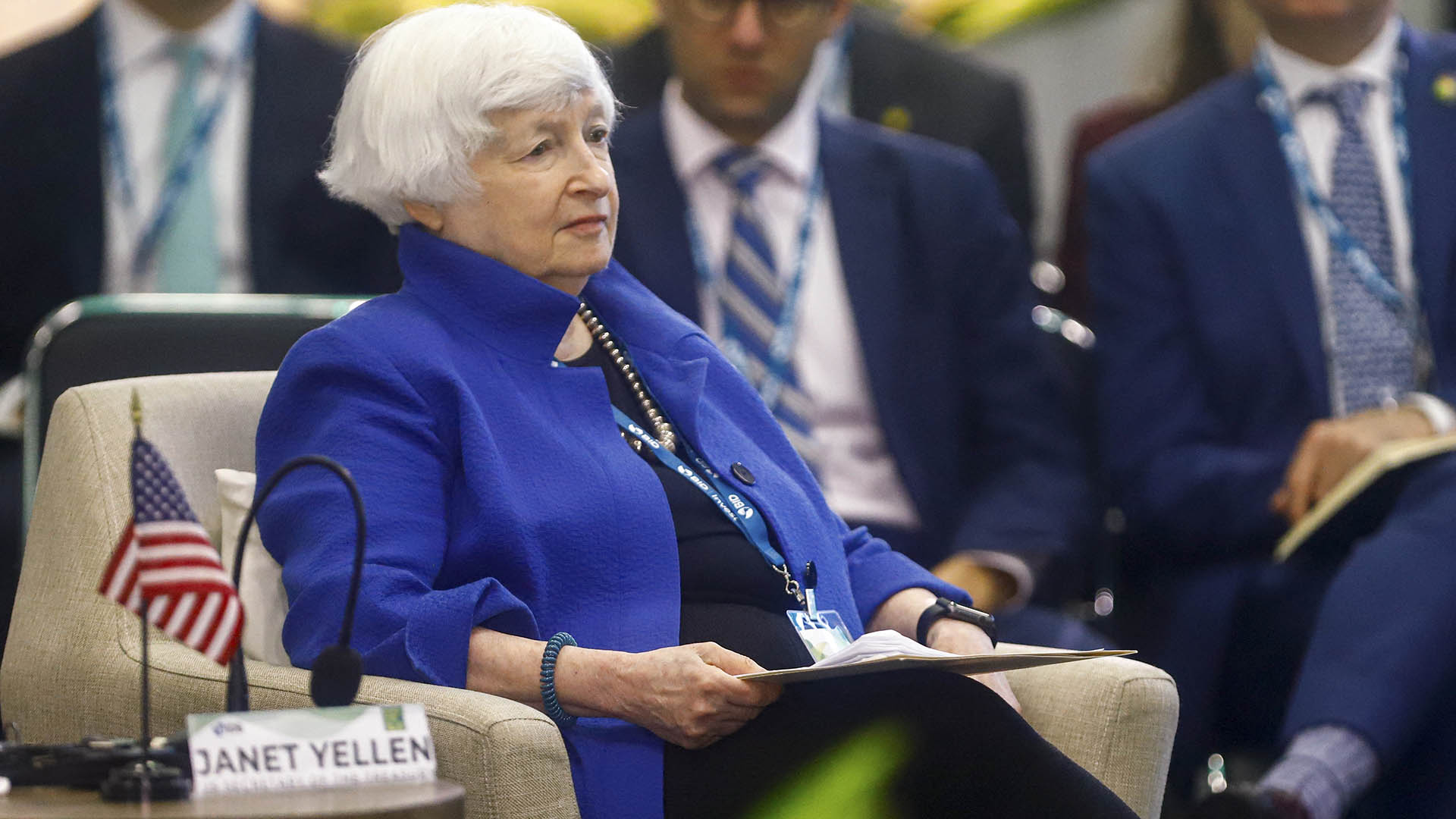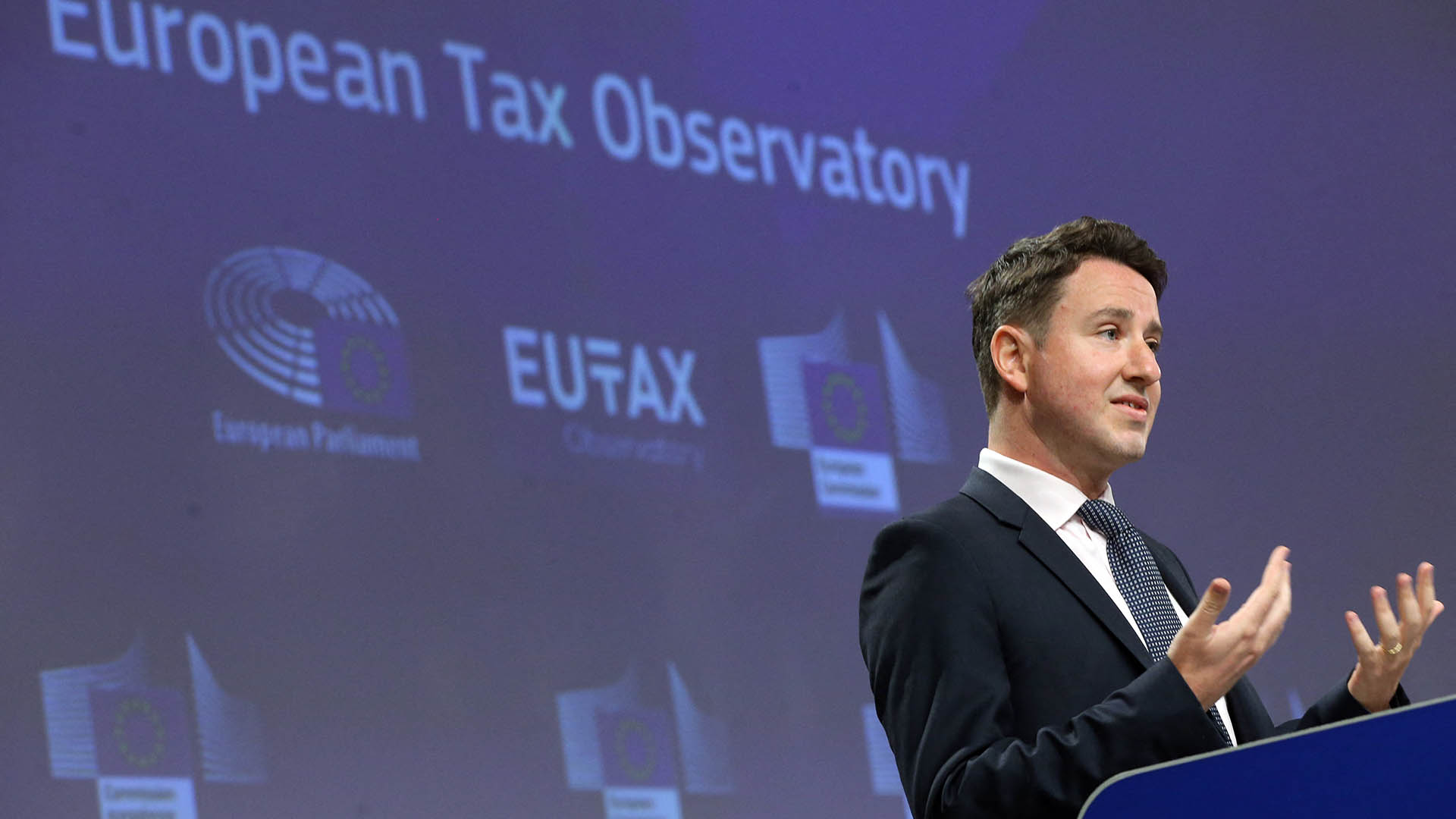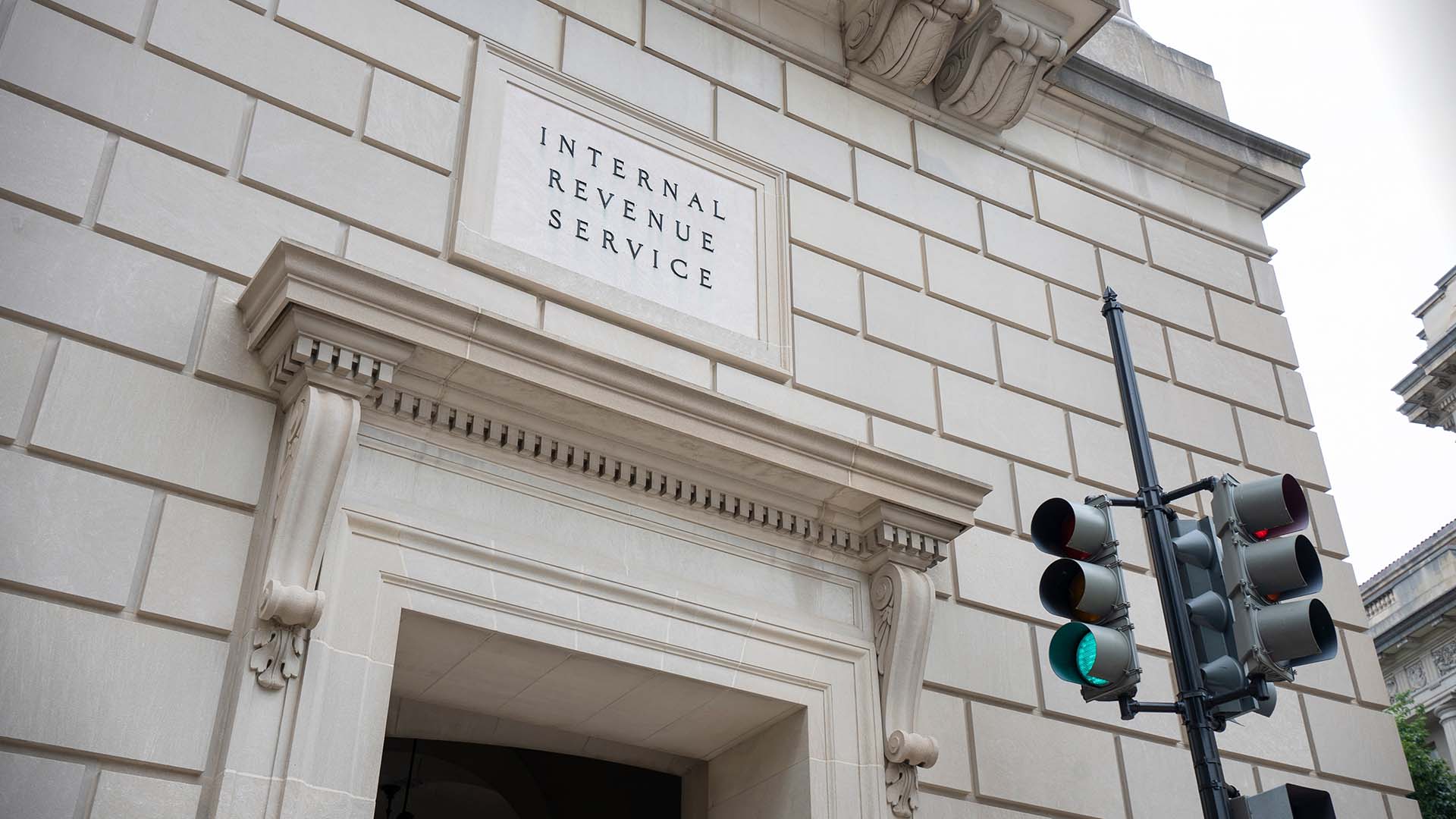The world’s most influential finance leaders vowed to work together toward effectively taxing the ultrarich but stopped short of agreeing on how to do so at a meeting in Rio de Janeiro last week.
In a joint declaration on Friday, finance ministers and central bankers from the Group of 20 major economies said that “ultra-high-net-worth individuals” should “contribute their fair share in taxes.”
“No one should be able to evade taxation, including by circumventing transparency standards,” the declaration said.
As the 2024 host of the G20 forum, Brazil has made taxing the ultrarich its cause célèbre, commissioning economist Gabriel Zucman to create a blueprint for a global scheme to tax billionaires’ wealth — an idea once dismissed as “utopian,” he said.
In his report, Zucman estimated that a coordinated push by governments to tax the world’s approximately 3,000 billionaires 2% of their wealth would generate between $200 and $250 billion a year.
He added that extending the proposed minimum tax rate to “centimillionaires,” whose estimated wealth exceeds $100 million, would raise an additional $100 to $140 billion.
Several countries in Europe, Latin America and Africa backed Brazil’s call for a global minimum wealth tax, similar to the global minimum tax rate for multinational corporations agreed to by more than 130 countries in 2021. The United States and Germany were key holdouts.
“[Tax] policy is very difficult to coordinate globally,” U.S. Treasury Secretary Janet Yellen told reporters on the sidelines of the G20 meeting. “And we don’t see a need or really think it’s desirable to try to negotiate a global agreement on that. We think that all countries should make sure that their taxation systems are fair and progressive.”
Germany’s finance ministry labeled the idea “irrelevant,” according to France 24.
While no agreement was reached during the finance leaders’ meeting on July 25 and 26, their joint declaration noted that improved cooperation between G20 members could “involve exchanging best practices, encouraging debates around tax principles, and devising anti-avoidance mechanisms, including addressing potentially harmful tax practices.”
Brazilian Finance Minister Fernando Haddad said he saw the declaration “not as the end of a journey, but as a starting point.”
Longtime advocates for the global minimum wealth tax, including Nobel laureate Joseph Stiglitz, also urged the G20 to go further. Stiglitz, who co-chairs the Independent Commission for the Reform of International Corporate, a group of top economists, suggested the United Nations was the appropriate forum to continue the discussion.
The idea of taxing the super-rich and trying to have more progressive system of international taxation is something that is on the table now.
— economist Ricardo Martner
For decades, the Organisation for Economic Co-operation and Development, representing mostly high-income countries, has set the global tax agenda. But negotiations over a U.N. framework convention on tax, which could shift power away from the OECD, are currently underway in New York.
“The idea of taxing the super-rich and trying to have more progressive system of international taxation is something that is on the table now,” Ricardo Martner, an economist and ICRICT commissioner, told ICIJ.
Martner, who is based in Chile, said that African countries and some Latin American countries do not perceive the OECD process as “inclusive and equitable,” spurring the push to give the U.N. more sway, despite ongoing OECD-led initiatives to curb corporate profit-shifting.
Wealth and corporate taxes have proved to be a sticking point during early negotiations over the U.N. tax convention, and Yellen said on Friday that she believes the OECD, which oversaw the 2021 global corporate minimum tax deal, remains the best forum for complex tax negotiations.
“We don’t want to see this shifted to the U.N.,” Yellen said. “We’ve made a huge amount of progress, and the U.N. doesn’t have the technical expertise to do this.”



